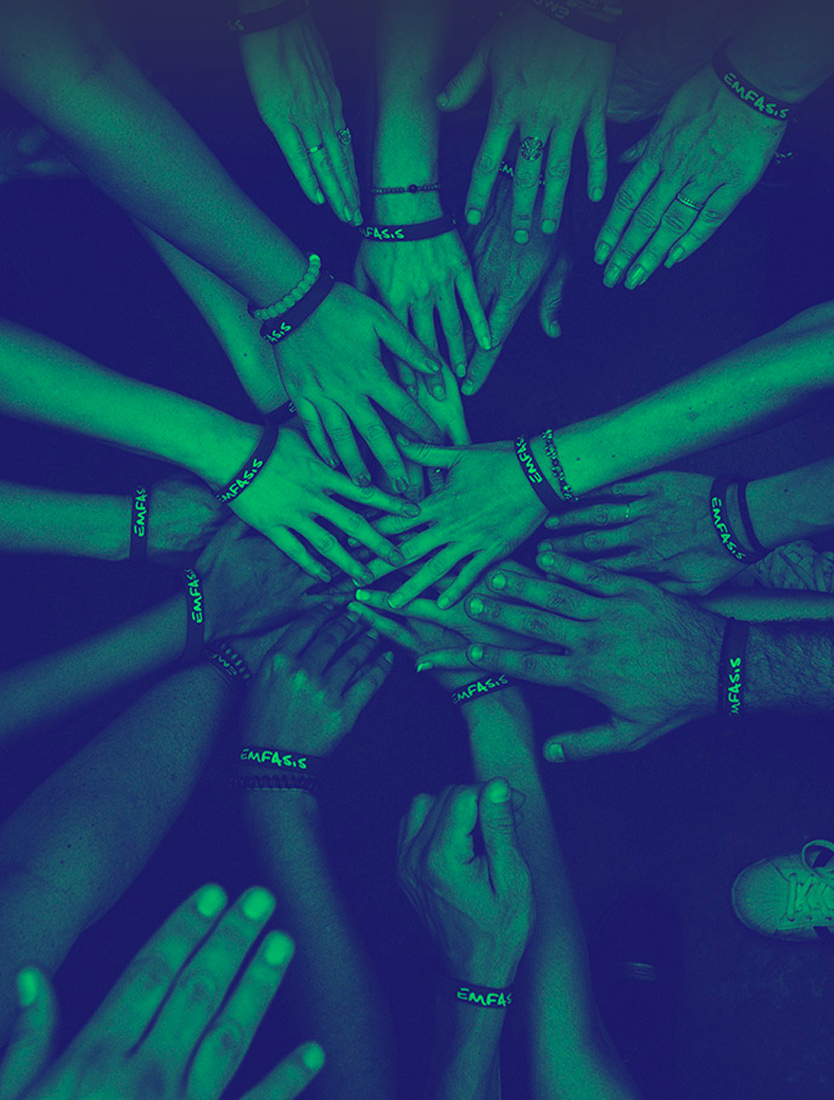
Project
Act

Access to Care and Treatment
ACT is a major project that operates in the six high prevalence HIV states in India. Maharashtra is one of these states. ACT was established under a Global Fund Round 4 grant given to a consortium headed by Population Foundation of India, and including the Indian Network of People living with HIV, Freedom Foundation, Engender Health and Confederation of Indian Industry.
ACT aims to improve the quality of life of people with HIV and their families. The ACT project is the largest programme run by the Network of Maharashtra People with HIV (NMP+). We are working in 34 districts through our District Level Networks (DLNs) to provide treatment, promote adherence, and provide access to care and support for people living with HIV.
ACT’s Work
Strengthening district level networks for treatment education and adherence:
NMP+ works with District Level Networks (DLNs) that strive for social change to reduce stigma and discrimination. We help our DLNs by organising training programmes and workshops and providing intensive support for their programmes. We also disseminate information about resources and services related to HIV. The DLNs are the implementing bodies of the network. They implement prevention, care and treatment projects.
Services provided by districts:
- Support group meetings. Each DLN conducts three support group meetings in the community in a month. This provides them with a platform to share their experiences of treatment education and adherence.
- Peer Treatment Education Training: DLNs organise two trainings of Peer Treatment Educators in a year. Peer Treatment Educators are positive people who volunteer to advise and counsel other positive people.
- Psychosocial support is an important component of the project. Since the project started we have provided counselling to 35,000 positive people.
- Referral Services. DLNs make linkages and build good rapport with other stakeholders to refer clients for services for treatment and other support.
Running treatment support centres
TSCs are treatment support centres working in our Mumbia, Pune and Sangli.
Running Positive Living Centres
A Positive Living Centre (PLC) was established in 2006 at Pune to provide care and support to positive people and improve their quality of life. It is now based in Pimpri Chinchwad. There are other PLCs in Wardha and Beed. The services of PLCs include:
- Support Group Meetings. Support group meetings are held once a month. Participants are provided with the information about services related to HIV and how to provide psychosocial support to one another and to live healthy and happy positive lives. Some of them have started doing voluntary work with the PLC.
- Self Help Groups. Self help groups are established by positive women having an objective of saving and making an income generation source for themselves.
- Life Skills Education. Life skills education are groups for children. In communities the group consists of non-affected children as well as affected and infected children. It is a part of their personality development and value education.
- Nutrition Supplement. Nutrition supplement is an importance service of PLCs in which nutrition packages are provided every month to children and the bed-ridden. Packs include khajur, dalh, soyabean etc.
From October 2009 management of the three PLCs has been devolved to the district network.

